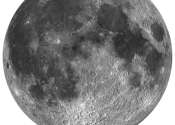Turning any camera into a polarization camera
Polarization, the direction in which light vibrates, provides a lot of information about the objects with which it interacts, from aerosols in the atmosphere to the magnetic field of stars. However, because this quality ...









